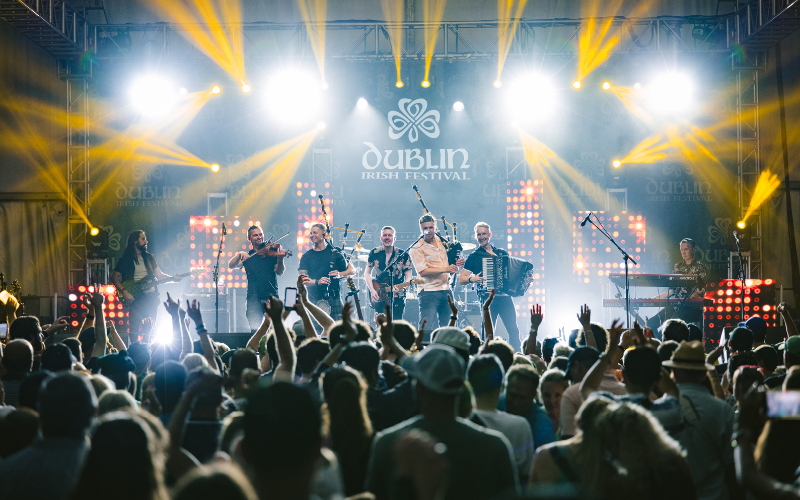With Bill Thompson dropping out of the election for New York mayor, the race comes down to Democrat Bill de Blasio and Republican Joe Lhota.
It’s fair to say their competing vision of New York -- one for Lhota that is overwhelmingly pro-business and is for hands off government, compared to de Blasio who sees inequality ad inequity as the major factor -- could not be more different.
About the only thing the two men share is common Italian American ancestry, and it promises to be a bitter fight to Election Day in November.
Not too many pundits would have picked them at the start of this political season to be the last two standing.
Back then City Council Speaker Christine Quinn was considered the overwhelming favorite, but the change narrative in the Democratic primary cleverly seized upon by de Blasio won out.
Quinn likely never saw or absorbed the anti-Bloomberg tide that was rising and she became a victim of her strong support for the incumbent.
Neither Thomson or Quinn ever seemed to hit high gear in their campaigns while de Blasio kept a strong focus on his message of two cities, one for the rich one for the poor.
NYPD Commissioner Ray Kelly was thought to be a likely contender for the Republican nomination which he surely would have won but he passed and Lhota, a Giuliani acolyte and successful former MTA chairman, easily won out.
De Blasio won over minority voters with his criticism of NYPD stop and frisk tactics, which were subsequently ordered to be severely curtailed by a federal judge. No doubt he will be running strong on that message in the general election.
It is an extraordinary twist that at a time of record low violence in the city that a candidate could run a major campaign base on criticism of the police and mayor, but this is New York, where what have you done for me lately has become a political art.
De Blasio has sent a frisson of fear through the business community in New York with his tax the rich plan which includes anyone earning over $500,000 to pay for new services like universal pre-K classes.
Left unspoken, of course, is the fact that such a tax increase would never make it through the state government in Albany and is used as pure political rhetoric.
De Blasio did strike a chord, however, with many who are barely eking out an existence in New York, where rising costs of living are an every year occurrence.
Lhota will be hoping to attract the GOP vote as well as the upper middle class, mostly whites, to pull off the upset.
It will be difficult since the number of white residents has dropped sharply since the era when Giuliani and Bloomberg were elected.
However, if Lhota had asked for a dream candidate to run against it would have been De Blasio, who ran far to the left in the primary.
In a race where both candidates are still hardly known the debates will be critical. One thing is for sure -- New Yorkers are being given two markedly different visions of a great city, and whoever wins will likely have a stormy tenure given the increasing gap between reality and people’s expectations.




Comments